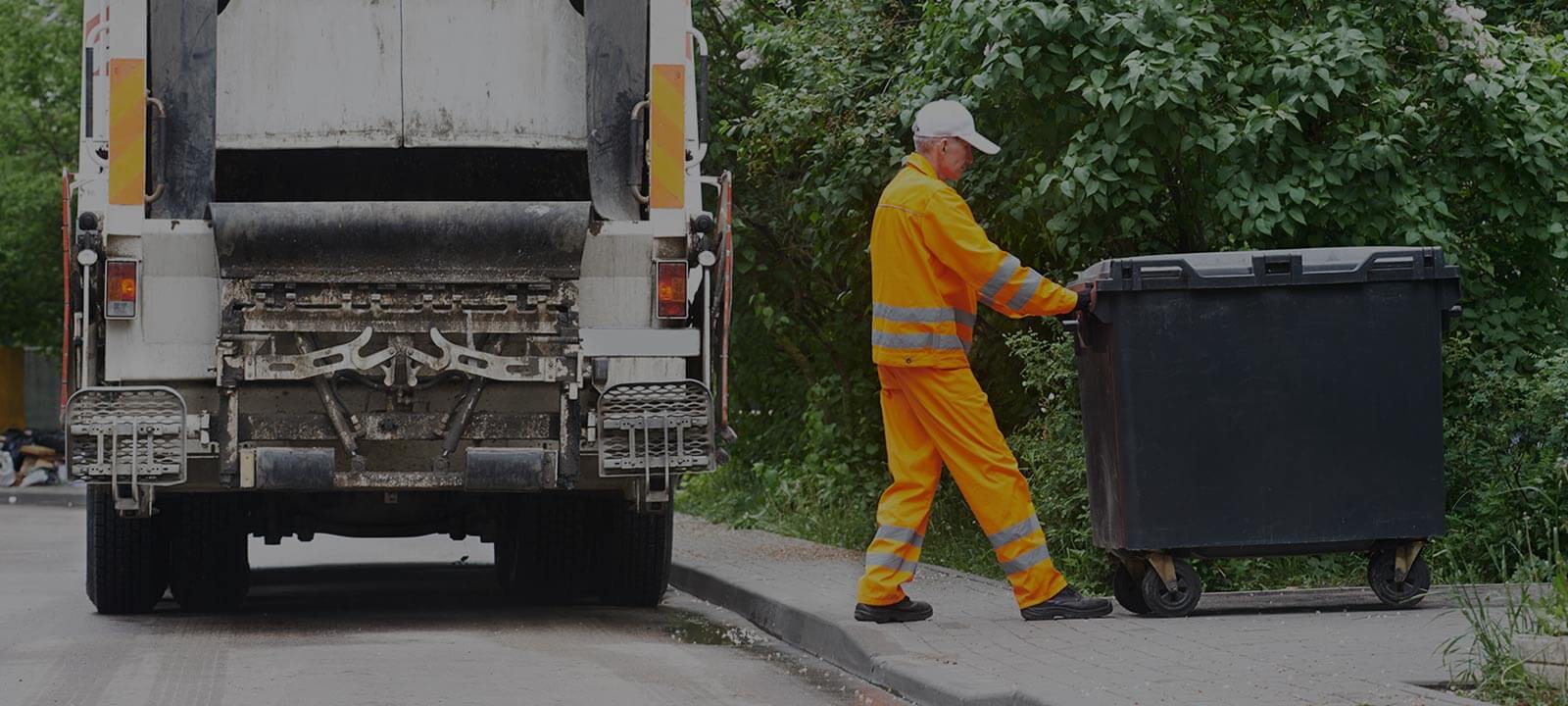Simple Steps to a Waste-Free Family Life
Posted on 06/11/2024
Living a waste-free family life is an admirable and increasingly necessary goal as we face mounting environmental challenges. However, it can seem daunting to overhaul family habits that have been ingrained over years or even decades. Fortunately, there are simple steps you can take to set your family on the path to zero waste, which can not only help the environment but also bring your family closer together in the process.
Understanding the Concept of Waste-Free Living
Before diving into the actionable steps, it's essential to understand what a waste-free lifestyle entails. At its core, waste-free living means minimizing the amount of waste you produce and maximizing the use of the resources you consume. This involves the 5 R's: Refuse, Reduce, Reuse, Recycle, and Rot (composting). By incorporating these principles, we can significantly cut down on the waste generated in our daily lives, contributing to a healthier planet for future generations.

1. Conduct a Waste Audit
The first step towards a waste-free family life is to understand your current waste production. This can be done through a waste audit. Spend a week tracking what your family throws away, categorizing the waste into recyclables, compostables, and landfill waste. This exercise will give you a clear picture of your waste habits and identify areas for improvement.
2. Educate the Family
Waste reduction is a team effort, so it's crucial to get the whole family on board. Host a family meeting to discuss the importance of a waste-free lifestyle. Share some eye-opening statistics about environmental degradation and the benefits of reducing waste. Make it interactive by letting each family member suggest ways to cut down on waste. The more involved everyone feels, the more likely they are to stick to the new habits.
3. Refuse Unnecessary Items
Refusal is the most straightforward way to reduce waste. Teach your family to say no to items that are not needed, such as junk mail, freebies, and single-use plastics. Carry reusable shopping bags, bottles, and containers whenever you go out. This simple step can significantly reduce the amount of waste your family produces.
4. Reduce Consumption
Another critical aspect of waste-free living is reducing overall consumption. Encourage your family to think before making a purchase: "Do we really need this?" Prioritize buying second-hand items, opting for products with minimal packaging, and choosing quality over quantity.
For groceries, plan meals ahead to avoid food waste, and buy in bulk where possible to minimize packaging waste. Be mindful of energy consumption by using energy-efficient appliances and being conscious of water usage.
5. Reuse and Repurpose
Cultivate a culture of reusing items in your household. Invest in reusable items like cloth napkins, glass jars, and metal straws. Repurpose old items creatively; for example, turn old t-shirts into cleaning rags or transform glass jars into storage containers.
DIY projects are also a great way to repurpose items that might otherwise go to waste. Get the family involved in creating new uses for old things, which can be a fun and educational activity.
6. Recycle Properly
Recycling is an essential part of a waste-free lifestyle, but it's critical to do it correctly. Familiarize yourself with the recycling guidelines in your area as they can vary. Set up a designated recycling station in your home to make it easier for family members to sort their waste correctly. When purchasing products, look for items made from recycled materials.
Remember that not everything can be recycled, so prioritizing the first three R's (Refuse, Reduce, Reuse) is crucial to minimizing waste effectively.
7. Composting
Composting organic waste is an excellent way to reduce landfill waste and enrich your garden soil simultaneously. Start a compost bin in your backyard or even a small indoor compost if space is limited. Compost items like fruit and vegetable scraps, coffee grounds, eggshells, and yard waste.
Educate your family about what can and cannot be composted to avoid contamination and make the composting process as efficient as possible.
8. Choose Eco-Friendly Products
Opt for eco-friendly products whenever possible. This includes biodegradable cleaning supplies, natural personal care products, and sustainable household items. Research companies committed to ethical and sustainable practices and support them by purchasing their products.
Buying in bulk is another great way to reduce packaging waste. Bring your own containers to stores that offer bulk purchasing options for food and household supplies.
9. Practice Eco-Friendly Habits
Adopting eco-friendly habits can go a long way in reducing waste. Simple actions such as turning off lights when not in use, using cold water for laundry, and carpooling or using public transportation can make a big difference.
Encourage your family to be mindful of their resource consumption and strive to incorporate sustainable practices into their daily routines.
10. Get Involved in the Community
Extending your zero-waste efforts beyond your home can amplify your impact. Join or start a local zero-waste group where members share tips and support each other. Participate in community clean-up events or advocate for local policies that promote sustainability and waste reduction.
Teaching children the importance of community involvement instills a sense of responsibility and can inspire them to continue these practices throughout their lives.

11. Making It a Lifelong Journey
Transitioning to a waste-free family life is a journey, not a destination. Celebrate your successes and learn from your mistakes. Understand that perfection is not the goal; every small step counts towards a bigger impact.
Regularly revisit your family's waste reduction strategies and make adjustments as needed. Keep up with the latest tips and innovations in waste reduction to continually improve your efforts.
Conclusion
Adopting a waste-free family life can seem overwhelming, but breaking it down into manageable steps makes it achievable. By conducting a waste audit, educating the family, and embracing the 5 R's, your family can make significant progress toward a more sustainable and environmentally-friendly lifestyle. Small, consistent actions add up, leading to a meaningful reduction in waste and a better future for everyone. Through cooperation, creativity, and commitment, a waste-free family life is well within reach.
Latest Posts
Reusing for Resource Conservation
Industry applauds government's dedication to improving e-waste recycling practices






